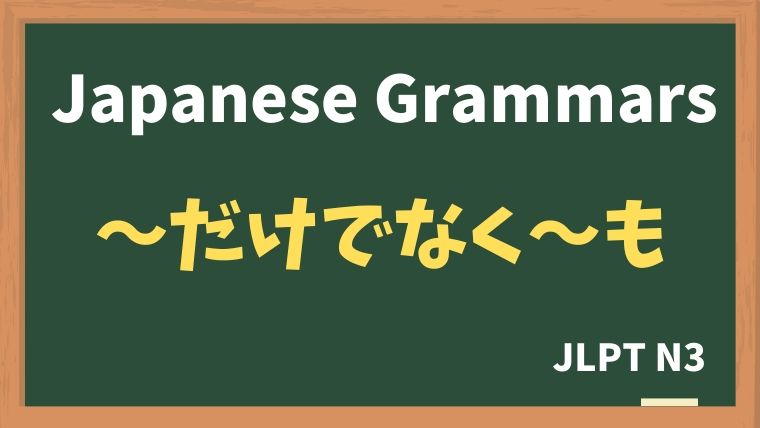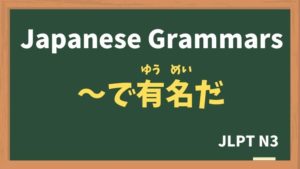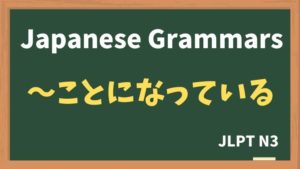
Explanation:〜だけでなく〜も
fa-check-circleMeaning
"not only A, but also B"
Used to indicate that something is not only one thing but also another. It’s a way to connect multiple points, showing that both are true or relevant.
fa-check-circleForm
| Structure | Example |
| V(plain form) + だけでなく | ぬすんだけでなく |
| イA(plain form) + だけでなく | やすいだけでなく |
| ナAな / ナAである + だけでなく | きれいなだけでなく |
| N + だけでなく | 日本語だけでなく |
fa-check-circlePoints
- Connecting Two Elements: This expression is used to link two aspects, indicating that not only the first element is true, but the second one is also true.
- Inclusive Statement: It’s often used to emphasize that something includes more than just the initial point mentioned.
- Common in Explanations and Comparisons: This structure is frequently seen in contexts where the speaker wants to highlight additional information or characteristics.
fa-check-circleJLPT Level
N3
Sample sentenes
トムさんは日本語だけでなく、中国語も話せます。
Tom can not only speak Japanese, but also Chinese.
この映画はストーリーだけでなく、音楽も素晴らしい。
This movie is not only good but the music as well is nice.
このマンションは駅から近いだけでなく、家賃も安いのでお得です。
This condominium is not only near from the station, but the rent is also cheap, so it is a good buy,
日本語はひらがなだけでなく、カタカナや漢字もあるので、覚えるのが大変だ。
Japanese has not only hiragana, but also katakana and kanji, so it is hard to memorize them.
日本人だけでなく、中国人も漢字を使います。
Not only Japanese but also Chinese use Kanji.
先輩は京都を案内してくれただけでなく、食事もご馳走してくれた。
My senior not only guided us in Kyoto, but also treated us to dinner.
このレストランは味だけでなく、サービスも素晴らしい。
This restaurant is not only great in terms of taste but also has excellent service.
その映画は子供だけでなく、大人も楽しめる。
That movie can be enjoyed not only by children but also by adults.
Vocabulary
| Japanese |
English | |
| 素晴らしい | すばらしい | criminal |
| お得 | おとく | to be similar |
| 案内する | あんないする | inconvenient |
| ご馳走する | ごちそうする | to treat |






